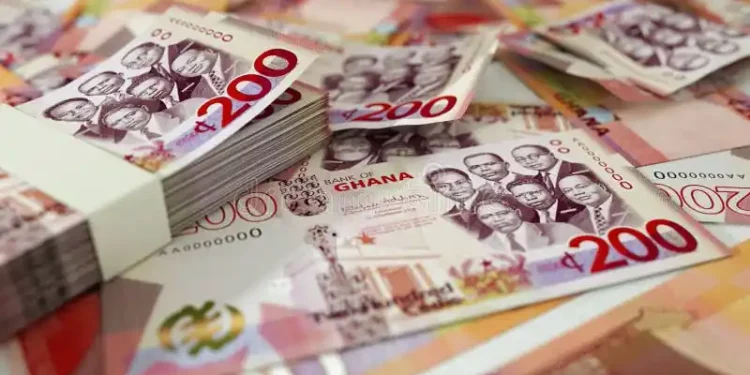Ghana’s Cedi Weakens as Imports Cause Decline
- The Ghanaian cedi’s world-beating run has ended. In fact, a surge in import demand caused the cedi to tumble. Companies are buying dollars to pay for products. This is happening before the holiday season. The currency, therefore, weakened by 13% this quarter. This decline is the biggest globally.
Bloomberg data confirms this poor performance. Consequently, the cedi’s 50% gain has disappeared. The currency was the world’s best performer in the three months through June. This gain, furthermore, was underpinned by a stronger bullion price. Now, the cedi has lost its previous advantage.
Analysts believe the central bank has contributed to this weakness. For instance, the Bank of Ghana cannot supply enough foreign currency. Hamza Adam, a market-risk management head at UMB Bank, confirmed this. He spoke by phone from Accra. “As at last week, banks that filed dollar needs…got about half of their requests,” he stated.
This week, the central bank tries to meet all demand. In addition, the cedi traded at 11.9507 per dollar. This was 0.1% weaker by 1:50 a.m. in Accra. However, it has gained 23% on a year-to-date basis. Ghana’s economy is highly dependent on imports. For example, it ships in food and machinery. Demand for these products rises late in the year. Businesses stock up before Christmas.
Ghana’s gross international reserves soared to a three-year high. They reached $11.1 billion at the end of June. Nevertheless, the central bank will not deploy enough funds. It wants to fully meet demand for foreign exchange. “The cedi should be stable within a reasonable range,” the bank said. “Our role…is to ensure that fluctuations remain orderly. Furthermore, they must reflect fundamentals. In fact, they should not undermine confidence in the economy.” This statement confirms their strategy. Consequently, the cedi’s world-beating run has now become a major challenge.
Attribution: Bloomberg, Citi Newsroom




